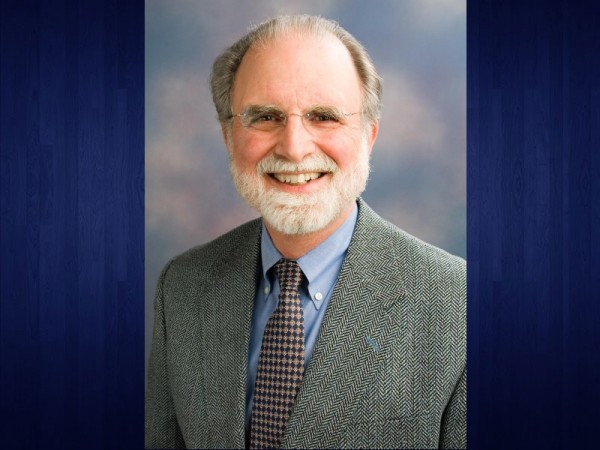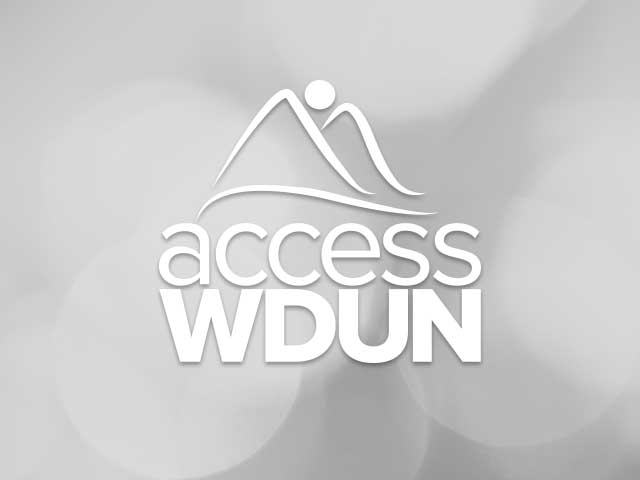This is the second installment of the transcript of the interview with Bill Shipp and Dick Morris. What do you think up to this point?
Part Two, The Martha Zoller Show on October 9, 2002:
Morris: And this was the-but really in defense of the Constitution, the Atlanta Constitution, not the US one, the, uh, this was a battle for the soul of Atlanta and Georgia-this was a battle to see if they were going to go back to Lester Maddox or they were going to go forward to the era that Jimmy Carter had begun. But on the other hand there was no idea of journalistic independence here, it was-this was all that a politician could want in support from a newspaper during a campaign.
Zoller: Dick and Bill, too, because Bill and I have talked about this a lot. You mentioned Lester Maddox, you mentioned Herman Talmadge and certainly there is no doubt of their segregationist background of the racist comments they have made in the past, but Bill you and I have talked about how Talmadge did a lot on a legislative basis that at the time his statement overshadowed it and that people didn't have a perspective on it until years later and that Lester Maddox, the same way, even though he was a segregationist, a racist-all of those things, but he did things like desegregate the Georgia State Patrol and he desegregated state workers-Bill-
Shipp: Well, all that is true, all that is true, Martha, but both Talmadge and Maddox projected an image beyond the borders of Georgia that was not suitable to the state. It hurt economic development-
Zoller: Right
Shipp: It hurt the ability to attract good faculty to the University System, it hurt all sorts of things. Talmadge, towards the end of his career, became quite moderate and even shortly before he was defeated, he was named the Morris Brown College Man of the Year.
Morris: Correct
Zoller: One more question for Bill, because, really-how did this progress? I mean, did Dick walk into your office-
Morris: With Zell-
Zoller: With Zell, had the paper already made an editorial decision that they wanted to go in this direction?
Shipp: Well, I don't recall that they had made-they had made an editorial decision a generation before that they were opposed to Talmadge-and to his father.
Zoller: Okay
Shipp: I think I met Dick at a coffee house as I remember-as I recall, he and Zell Miller and I met there. Wasn't that a coffee house?
Morris: I don't remember where, but I do remember that my weekly routine was to meet with Zell, meet with Maynard and meet with you.
Zoller: And was that basically how it went, Bill?
Shipp: That was basically how it went but shortly after Zell was beaten in the Primary, and after Talmadge was beaten, the honeymoon with Miller and the Atlanta newspapers also ended.
Laughter all around.
Morris: But you know, there were sort of three levels that you can look at this. At the time I was a political consultant trying to win a race and the godsend to be able to coordinate with the local newspaper with its editorials and its cartoons and all of that, it was heaven to me. The second level would be the social level, where clearly this was the right thing to do and it was the right side to take. The third level is the journalistic level, where this kind of thing does not go on all the time but-
Shipp: As a matter of fact, in my career, that is almost, that is unique. I never recall that happening-
Morris: That never happened again in my career, either-but Talmadge, himself, was unique. But I do believe that when people talk about the book Bias or on any of the focus on the media being slanted in a certain direction, I always think of that story. And that to me it was always the most graphic example of that, now I say that was the right thing to do but the relationship was obviously inappropriately close.
Shipp: As I say, I don't think you would-no matter how much, for instance, the New York Times opposes Bush, I don't think that the New York Times editorial board is coordinating what they do with Gore and the Democrats.
Morris: Right
Shipp: That's right
Morris: You know it's actually kind of funny, I just wrote a column for the New York Post yesterday, where I say that The New York Times is actually misleading the Democrats.
Zoller: They are doing push polls.
Morris: Yes, Mondays New York Times had a lead article and the headline was, "Public want a discussion of the economy more than Iraq." The Times had done a poll and given that the lead story on its front page and the crucial question in the poll was "which do you want your candidate for Congress to talk about more, the economy or foreign policy?" It was 57/27 to the economy. The exact same question was asked a week or two before by the Fox News poll but it said not the economy and foreign policy but the economy and national security and that came out 32/32. And when you ask about the economy and terrorism, it comes out the other way.
Shipp: Well as you and I know the framing of the question determines the outcome of the answer.
Zoller: Okay, guys, let's take a break now and we'll continue this discussion until the bottom of the hour with these two. This is a great discussion, stay with us on the MZS on WDUN Newstalk 550.
The third and final installment is next.
Monday
August 4th, 2025
2:40PM











